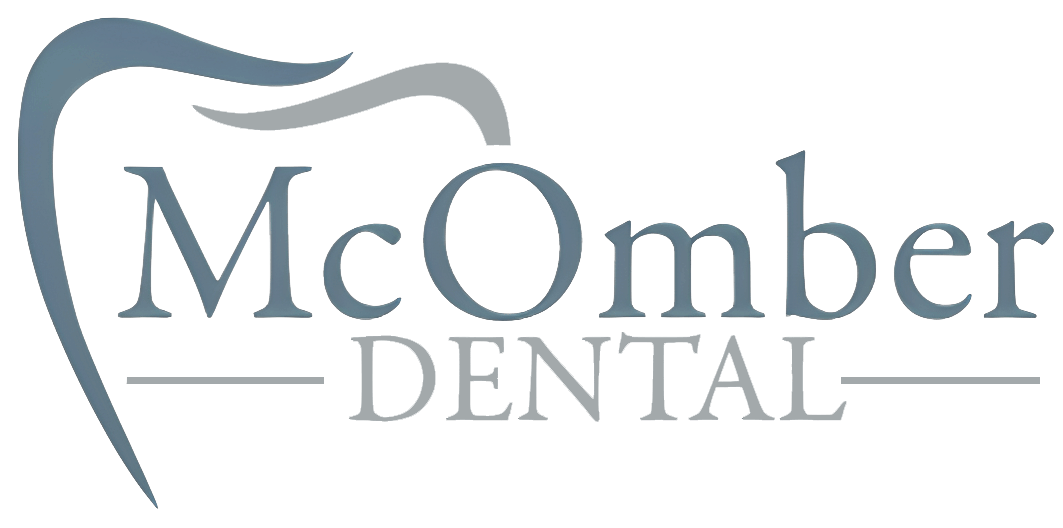TMJ (Temporomandibular Joint Disorder) and/or MPD (Myofascial Pain Dysfunction) refer to conditions that affect the jaw joint and the muscles that control jaw movement, causing discomfort, pain, and an impact on the quality of life.
Our dental practice offers comprehensive solutions for TMJ. Following the initial diagnosis, we’ll work together to create the best treatment plan for your needs.
What are the Causes of TMJ?
TMJ can be caused by a variety of factors, often working in combination. Jaw injury or trauma directly affects the joint, while habitual teeth grinding (bruxism) puts undue pressure on it. Likewise, stress can lead to jaw clenching and increased muscle tension. Lastly, poor posture or genetic predisposition can also contribute to the development of TMJ.
What Are the Common Symptoms of TMJ?
Recognizing the symptoms of TMJ is crucial for intervention and effective treatment. These symptoms often vary in severity and can significantly affect daily life. Common symptoms include:
- Jaw Pain and Tenderness
- Difficulty in Chewing or Pain While Chewing
- Aching Facial Pain
- Locking of the Jaw Joint
- Clicking or Popping Sounds in the Jaw Joint
- Headaches and Earaches
If you experience any of these symptoms, consult with a dentist as soon as possible. Identifying TMJ early is crucial for creating an effective treatment plan and preventing long-term complications.
How is TMJ Diagnosed?
TMJ is diagnosed using a multi-faceted approach. A dentist begins with a clinical examination, assessing jaw movement, evaluating pain levels, and listening for clicking or popping sounds from the jaw. They may use X-rays to view the bone’s structure and, in some cases, employ more detailed imaging systems to examine the joint and surrounding tissues. Dental impressions can also be taken to analyze bite alignment, ensuring an accurate diagnosis of TMJ.
How is TMJ Treated?
TMJ is a complex condition that requires a treatment plan that is tailored to the individual needs of the patient. Proper treatment can alleviate your symptoms, allowing you to return to your daily activities without pain or discomfort. Some methods include:
- Medication: Pain relievers and anti-inflammatories to reduce pain and swelling.
- Special Appliances: Mouth guards can help reduce clenching or grinding and improve jaw alignment.
- Physical Therapy: Exercises to strengthen jaw muscles and improve flexibility.
- Stress Management Techniques: To reduce behaviors that can exacerbate TMJ symptoms.
- Dental Procedures: Adjusting bite or correcting misalignment through dental work.
- Surgery: In severe cases, surgical options may be considered as a last resort.
With the right treatments, TMJ symptoms can be controlled or relieved. Patients can look forward to a future where they can enjoy their daily activities without pain and discomfort, reclaiming their quality of life.
Contact McOmber Dental for TMJ Treatment Today
At McOmber Dental, we understand the complexities of TMJ and are committed to providing compassionate, effective care. If you’re experiencing symptoms of TMJ, don’t hesitate to contact us for a thorough evaluation and a personalized treatment plan. Our office provides comprehensive dental services, meaning that you will no longer need to see separate specialists or visit different offices for the care you need. Contact us today to schedule an appointment or consultation.
